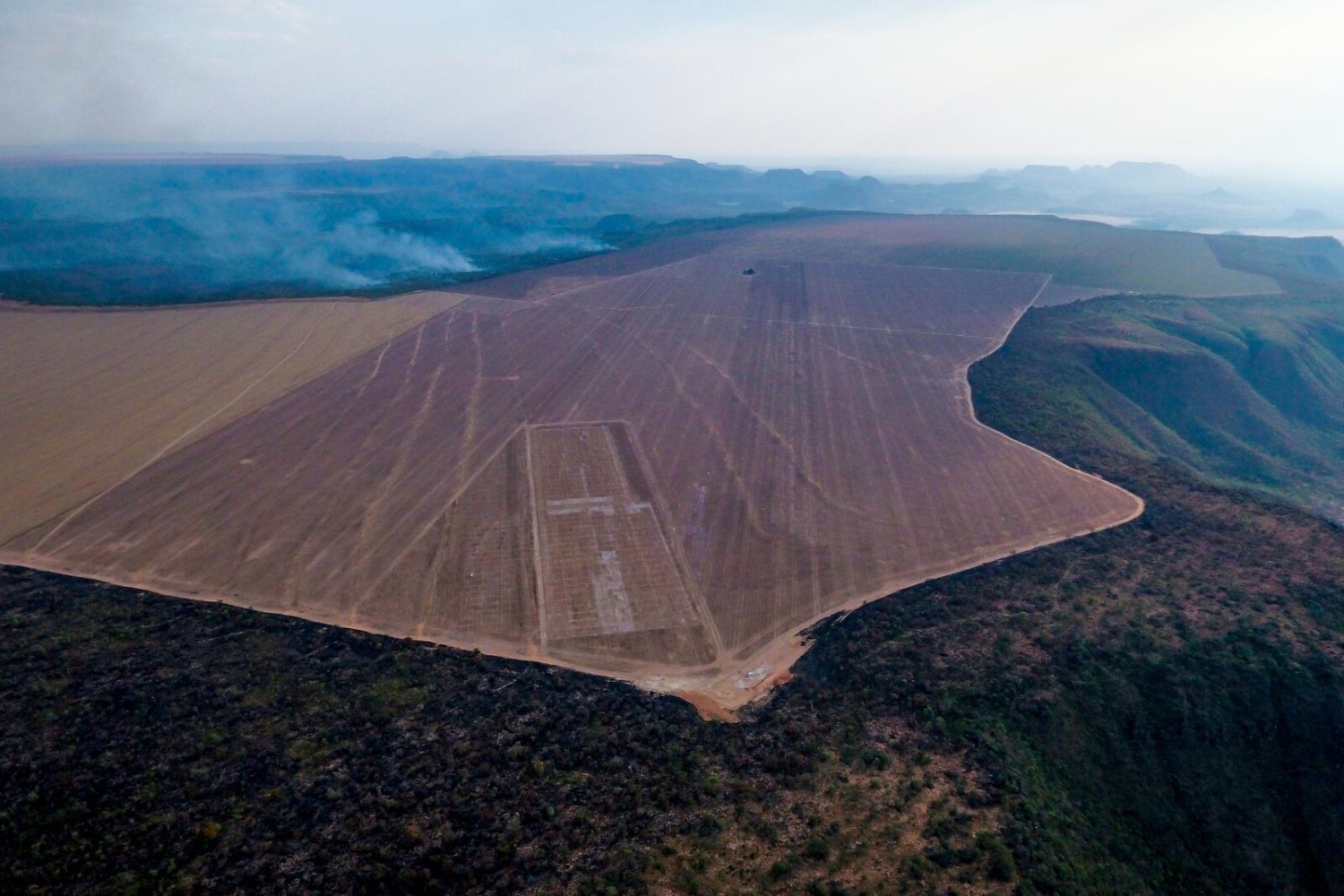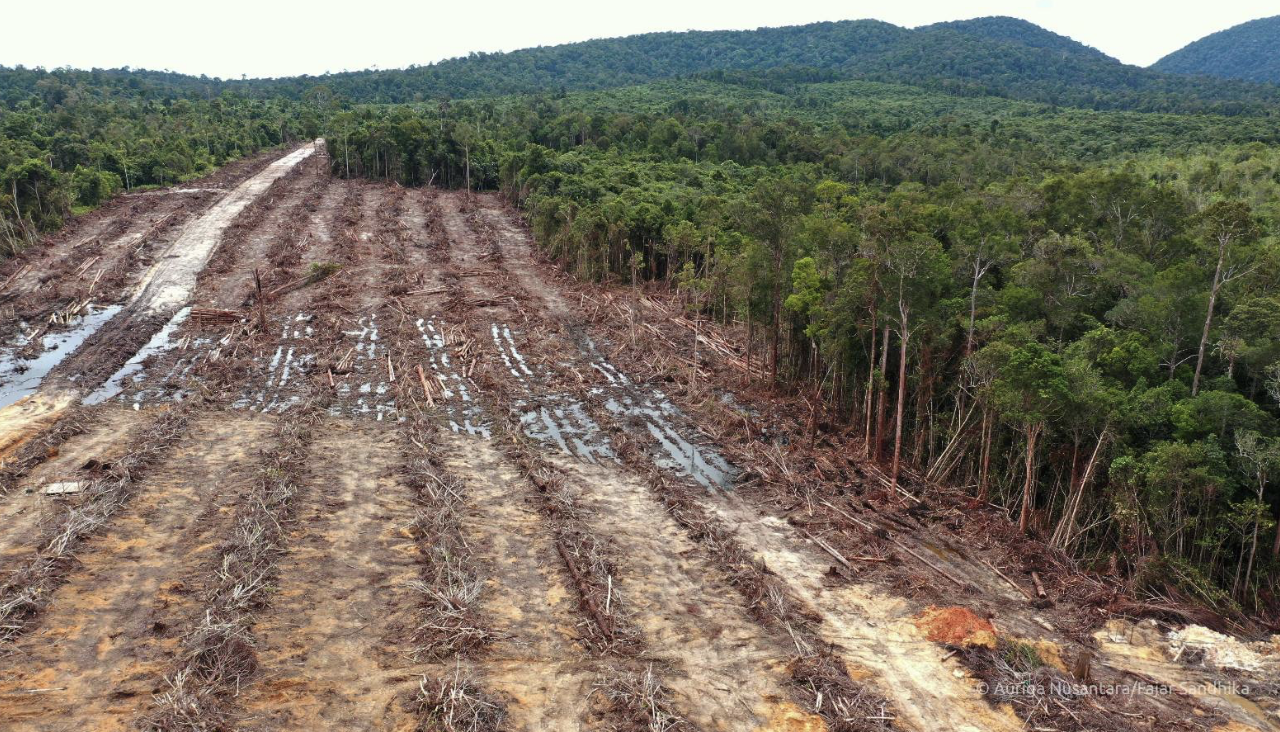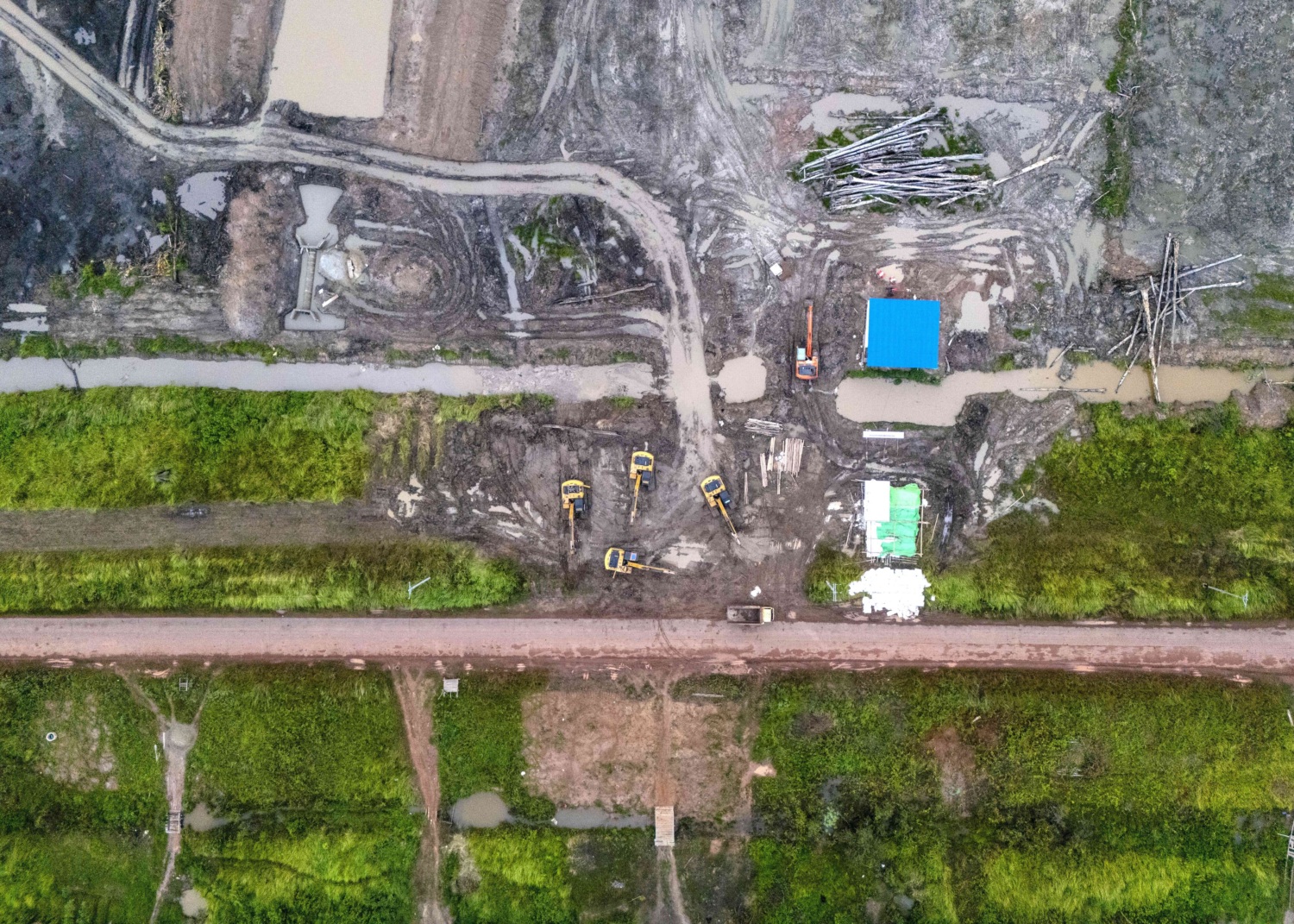
CEO Note: Meat Industry’s Pyrrhic Victory
By Glenn Hurowitz, Founder & CEO
I’m writing to share thoughts about levers for driving a transformation of the protein industry in the wake of both the JBS listing on the New York Stock Exchange on the one hand, as well as important progress on the other.
After the Securities and Exchange Commission delayed their listing for 22 months, JBS stock started trading Friday on the New York Stock Exchange. This may not be the unmitigated financial win the company had hoped for.
First off, the delays alone cost the company. Second, the media coverage that accompanies the listing may give pause to investors:

- Forbes: Despite A History Of Bribery And Corruption Among Top Shareholders, The World’s Largest Meatpacker Prepares To Go Public
- The Economist: JBS, Brazil’s meat-packing giant, wants to expand. Will its critics let it?
- New York Times: A Scandal-Plagued Meatpacking Giant Comes to the U.S. Stock Market.
After all, as we argued in a filing with the New York Stock Exchange, the New York Stock Exchange is exposing investors to major risks because of JBS’ record of bribery, fraudulent climate claims, severe water pollution that violated various laws, health and immigration violations, and poor governance.
In addition, JBS’ legal and other risks may only be growing. Its NYSE IPO is just part of a planned “dual listing” with the Amsterdam Stock Exchange that exposes it to Dutch legal scrutiny. As my colleague Alex Wijeratna said in The Economist, JBS is likely to be hit with lawsuits from climate organizations “as soon as they land in Holland.”
From an investor perspective, the greatest risks are less the critiques from NGOs or potential legal action, but rather the management of a company that has engaged in such poor practices.
Perhaps partly as a result of these accumulated concerns, JBS stock only rose about 1 percent on its first day of trading, low given that most underwriters try to leave room for an “IPO pop.”
Of course, JBS is hardly without influence. Its subsidiary Pilgrim’s Pride gave President Trump’s inaugural committee the largest donation it received right before SEC changed its position and approved the NYSE listing. JBS owners, the Batista brothers, have been traveling the world with Brazilian President Lula. And just last week, French President Emmanuel Macron fêted the brothers on the steps of the Élysée palace, despite all of his past advocacy for the Amazon rainforest.
Regardless of how much heads of state mingle with JBS, we believe that commercial and investor pressure can continue to change the company, and more importantly the broader meat industry. For Mighty Earth, our goal has never been to punish the company, but rather to transform it.
Indeed, JBS and other Brazilian meatpackers responded to action from supermarket chain Carrefour by suspending almost 1,000 suppliers linked to deforestation. Marfrig recently launched its own new transparency platform and accelerated its date for eliminating all destruction of nature from its supply chains to 2025. Tesco, Schwarz Group, Sainsbury, and other retailers are all boosting sales of plant-based and other alternative proteins – a market that grew 4 percent around the world last year. Even JBS acquired “The Vegetarian Butcher” company, and is building what it touts as the world’s largest cultivated meat factory in Spain.
Despite the progress, there are still massive needs: besides Marfrig, cattle companies in South America still don’t have policies that officially prohibit deforestation outside of the Amazon in ecosystems like the Cerrado, Pantanal, and Chiquitania (though most soy traders now do). Bolivia notched the world’s second highest deforestation last year, largely linked to the meat industry and fires. And although the state of Pará has launched an exciting program to require cattle companies to trace the origin of their beef, most companies have resisted just applying those requirements themselves. They’re still whining about how hard it is even though they just have to track slow-moving 1,000 pound animals to whom one can attach cheap ear tags – tracking that’s been commonplace around the world for decades.
And few companies have announced goals for reducing their methane pollution, or even disclosing it. Even some of the European based supermarkets that are amping up plant-based sales in Europe like grocery giant Ahold Delhaize aren’t doing the same with their US branches.
We’re planning to ramp up campaigns and investor engagement across the retail and meat industry in hopes of driving rapid progress. And who knows…with the NYSE IPO in the rear-view mirror, perhaps there will even be opportunities for meaningful engagement not only with meat company CEOs where we’re seeing progress, but also with the likes of JBS as well where normal opportunities for engagement have been elusive.
Thanks for all your support, and here’s to continued progress.
—
© 2025. The text of this article is openly licensed under Creative Commons (CC BY-ND 4.0); you are free to copy and redistribute or republish the article in its entirety with attribution and credit.


